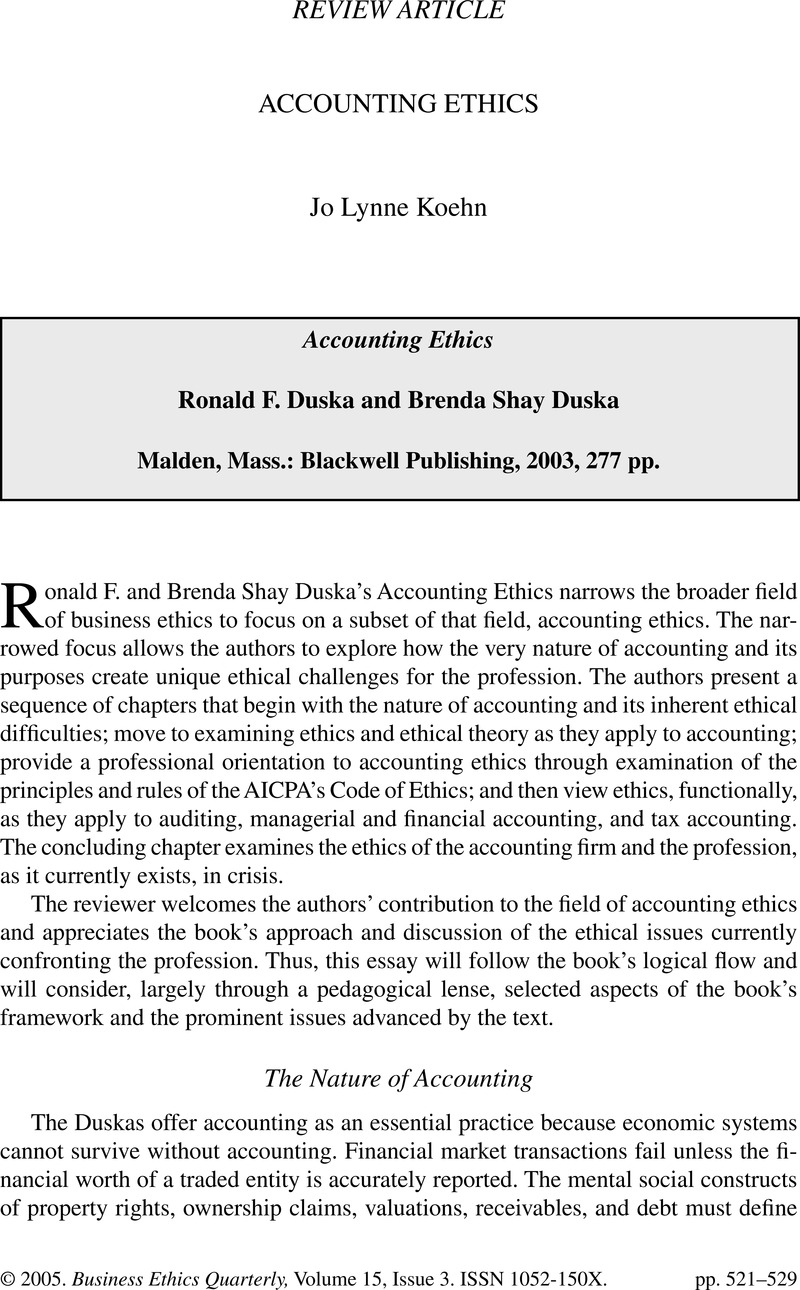Crossref Citations
This article has been cited by the following publications. This list is generated based on data provided by Crossref.
Rapp, David J.
Herbener, Jeffrey M.
and
Gordon, David
2024.
On the Ethics of Fair Value Accounting: Distributive Effects, Distributive Injustice, and Implications for Social Peace.
Quarterly Journal of Austrian Economics,
Vol. 27,
Issue. 1,



